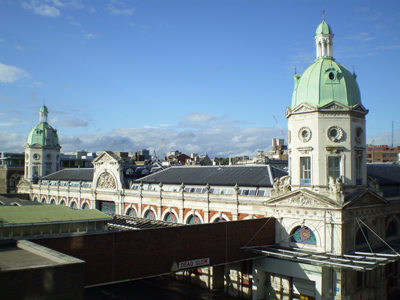
The Peasants' Revolt 02
This KS3 History quiz takes a second look at the Peasants' Revolt. The trigger for the Revolt was the poll (head) tax. Everyone over the age of 14 had to pay it. It was designed to raise money to continue the war against France and to help the barons and bishops become even richer. The King's uncle, John of Gaunt, realised that many people had not paid the tax so he imposed it once again. In the village of Fobbing in Essex, the tax collector demanded that everybody paid up, whether they had already paid it or not. They took offence at being made to pay twice and beat up the tax collector.
Word spread and before long, the peasants turned on the landowners. Manor houses were burnt down and landowners killed or humiliated. The focus of the Revolt was the south east - Kent and Essex.
Ready for more?
not all...
quizzers. Try to win a coveted spot on our Hall of Fame Page.







